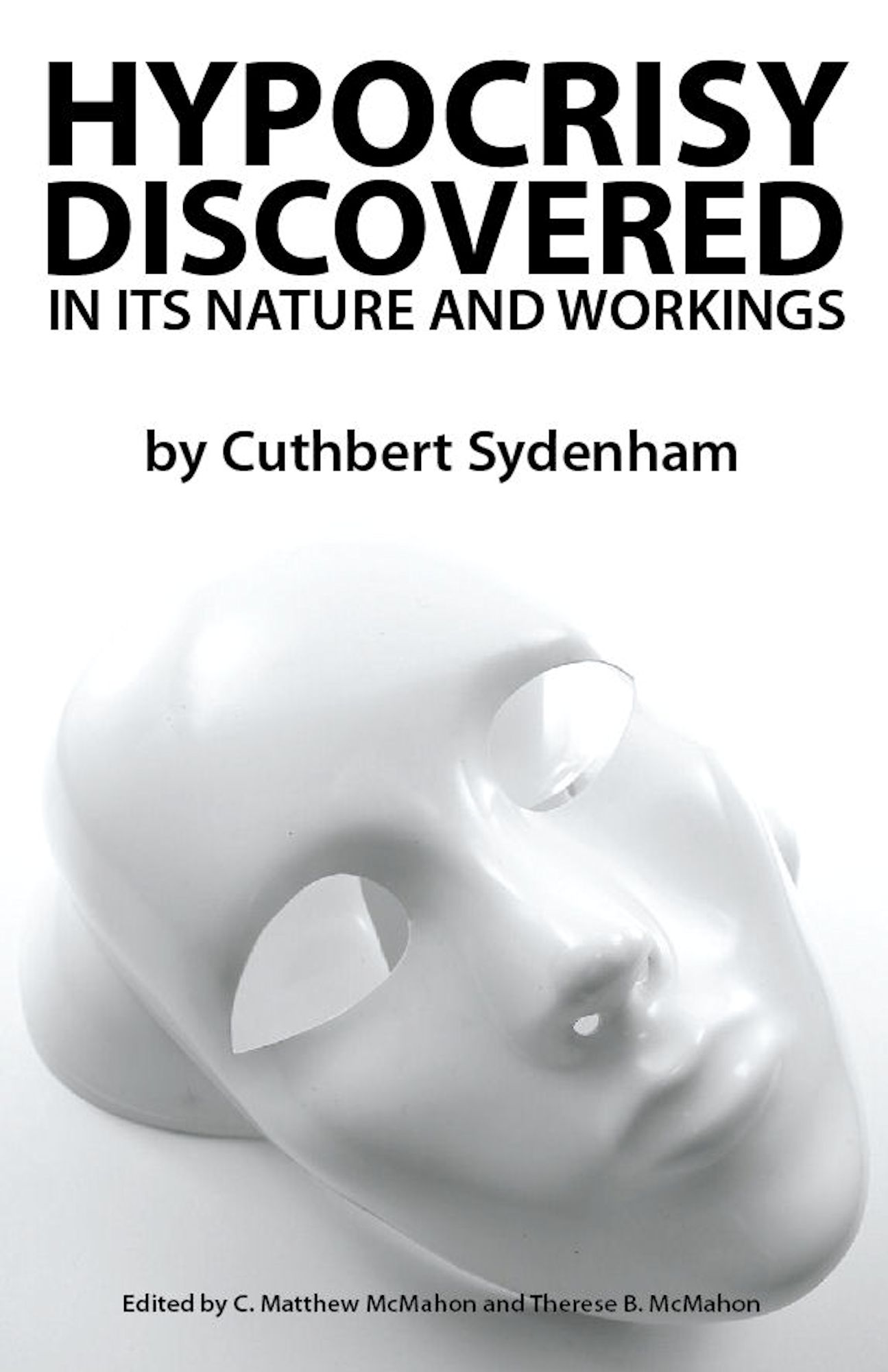Cuthbert Sydenham (1622–1654)
A deeply thoughtful Presbyterian puritan, popular in his day, and an active preacher.“You may be a hypocrite — and may not know it. You must put on gospel eyes to try hypocrisy in your own hearts. “
“Christ’s righteousness is imputed, and we are accounted holy by it.”
“The Holy Spirit is the best expositor of his own commands.”
Biography of Cuthbert Sydenham (or Sidenham) (1622–1654):
Cuthbert Sydenham (or Sidenham) (1622–1654), theologian, born at Truro, Cornwall, in 1622, was the fourth son of Cuthbert Sydenham (d. May 8, 1630, aged 64), woollendraper at Truro and mayor of that borough in 1627. He was probably educated at Truro grammar school, and he became commoner of St. Alban Hall, Oxford, in the Lent term of 1639. When the city was garrisoned for the king, he seems to have withdrawn to Newcastle-on-Tyne.
Sydenham, according to Anthony à Wood, received ordination from the Presbyterian divines. He officiated for some time as lecturer at St. John’s, Newcastle, and on May 30, 1645 was appointed the senior of the two lecturers at the church of St. Nicholas in that borough, with a stipend of 100l. per annum.
The views of Sydenham on infant baptism were attacked by the Rev. William Kaye of Stokesley and the Rev. John Tombes. Addresses by him were prefixed to Roger Quatermayne’s “Conquest over Canterbvries Court” (1642), and the Rev. Nicholas Lockyer’s “Little Stone out of the Mountain” (1652).
[Wood’s Athenæ, ed. Bliss, iii. 351–3, 358, 1065, Fasti, ii. 163; Boase and Courtney’s Bibl. Cornub. ii. 695–7, iii. 1341; Memoirs of Ambrose Barnes (Surtees Soc.), passim; Brand’s Newcastle, i. 313, 430.]
His Works:
A Discourse on Covenant Theology and Infant Baptisme by Cuthbert Sydenham (or Sidenham) – eBook
Buy the Print Book HERE
A Gospel-Ordinance Concerning the Singing of Scripture Psalms, Hymns and Spiritual Songs by Cuthbert Sydenham (or Sidenham) – eBook
Buy the Print Book HERE
Hypocrisy Discovered in its Nature and Workings by Cuthbert Sydenham (or Sidenham) – eBook
Buy the Print Book HERE
The Works of Cuthbert Sydenham (1622–1654) available in old English (Puritan Publications is working to publish all of Sydenham’s works):
Sydenham was the author of:
1. “An Anatomy of Lievt.-col. John Lilbvrn’s Spirit and Pamphlets, or a Vindication of the two honourable Patriots, Oliver Cromwell and Sir Arthur Haslerig,” 1649.
2. “An English Translation of the Scottish Declaration against James Graham, alias Marquess of Montrose,” 1650.
3. “The False Brother, or the Mappe of Scotland, drawn by an English Pencill,” 1650. For his “good services” in writing these tracts the sum of 50l. was voted to him by the council of state on 10 Jan. 1649–50 (Cal. of State Papers, p. 476).
4. “The false Jew, or a wonderfull Discovery of a Scot. Baptised for a Christian, circumcised to act a Jew, rebaptised for a Believer, but found to be a Cheat” (i.e. Thomas Ramsay), 1653; signed by Sydenham and others.
5. “A Christian, Sober, and Plain Exercitation on the two grand practicall Controversies of these Times; Infant Baptism and Singing of Psalms,” 1653; he was in favour of both practices, but against organs and harps.
6. “Greatness of the Mystery of Godliness,” 1654; reproduced 1657 and 1672.
7. “Hypocrisie Discovered,” 1654. A posthumous production, dedicated by Thomas Weld and others to Sir Arthur Hesilrigge.






